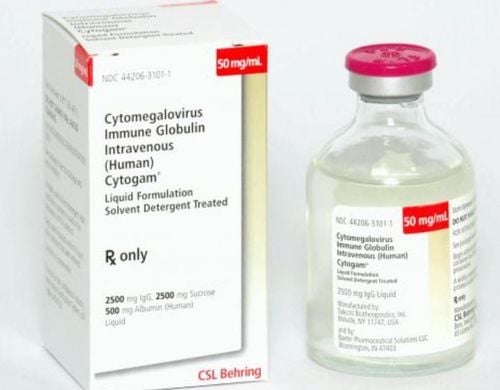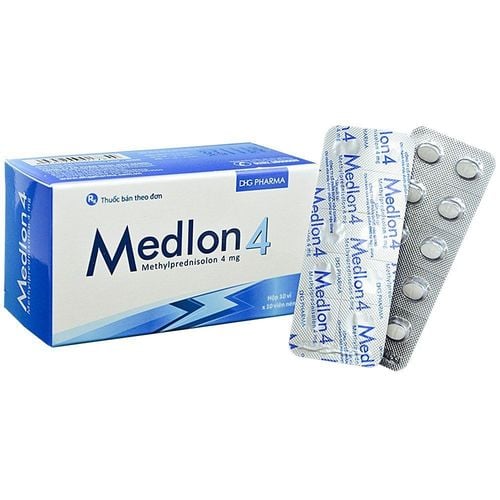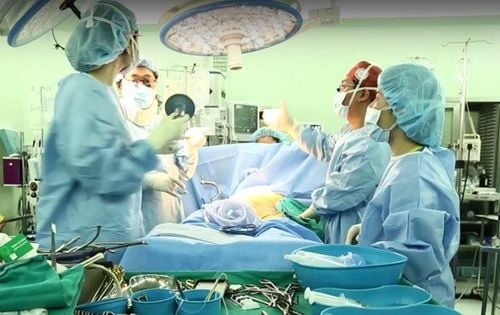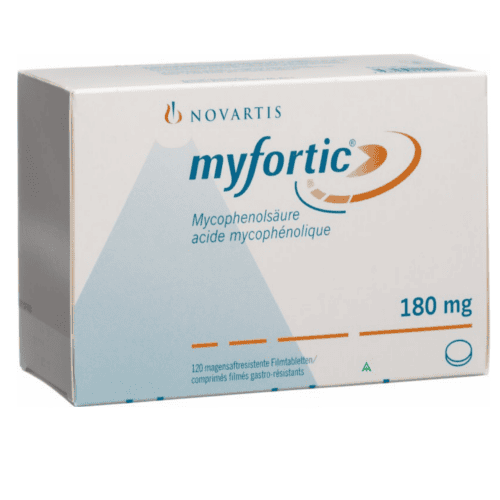This is an automatically translated article.
Why does the human body have a rejection reaction when transplanting organs? How to limit acute rejection reactions? These questions will be answered in the article below.
1. What is the rejection reaction in organ transplantation?
An organ transplant rejection reaction, also known as an acute rejection reaction, is a condition in which the transplanted tissue is rejected by the recipient's immune system and destroys the transplanted tissue.
Specifically, when there is an invading agent, the body will generate an immune response, including: humoral immune response (producing antibodies that neutralize the agent) and cellular immune response (creating a cellular immune response). produce immune cells to destroy the agent).
When transplanting organs, it also means that a foreign object enters the body, at this time the agent will be identified through the imprints on the surface, which is the antigen. If two people are closely related by blood, the more similar the antigens on the surface of the cells are. In particular, if two twins have the same genetics, the antigens on the surface of the cells will also be closer together. If the species is different, the degree of difference is greater.
When transplanting organs, the transplanted person's body is capable of producing rejection reactions of the transplanted tissue. If the reaction is fulminant, the graft will be destroyed immediately, the acute response usually occurs within 10 - 30 days (due to the immune cells attacking the graft), the chronic response occurs throughout the time. time after 1 month until the graft is still available (because the body produces antibodies against the graft antigen and the T cells are specifically sensitive to the graft antigen).

Phản ứng thải trừ trong ghép tạng là tình trạng mô cấy ghép bị hệ thống miễn dịch của người nhận từ chối và phá hủy mô cấy ghép đó
2. How to limit rejection reactions in organ transplantation?
Rejection reactions in organ transplantation can be limited by determining the molecular similarity between the donor and the recipient, after transplantation, using immunosuppressive drugs to suppress the immune response of the donor and recipient. body.
However, if using drugs to suppress the body's immune response, it is like blocking the human disease defense system, so after transplantation, it is necessary to monitor to reconcile between these two problems.
Determine the compatibility in organ transplantation between donors and recipients by conducting HLA antigen typing, identifying 3 groups of HLA-DR, HLA-A, HLA-B antigens so that they are as close to similar as possible. fit. Conduct cross-matching and determine the recipient's pre-sensitization status, if a rejection reaction occurs, the transplant will fail.
Please dial HOTLINE for more information or register for an appointment HERE. Download MyVinmec app to make appointments faster and to manage your bookings easily.













